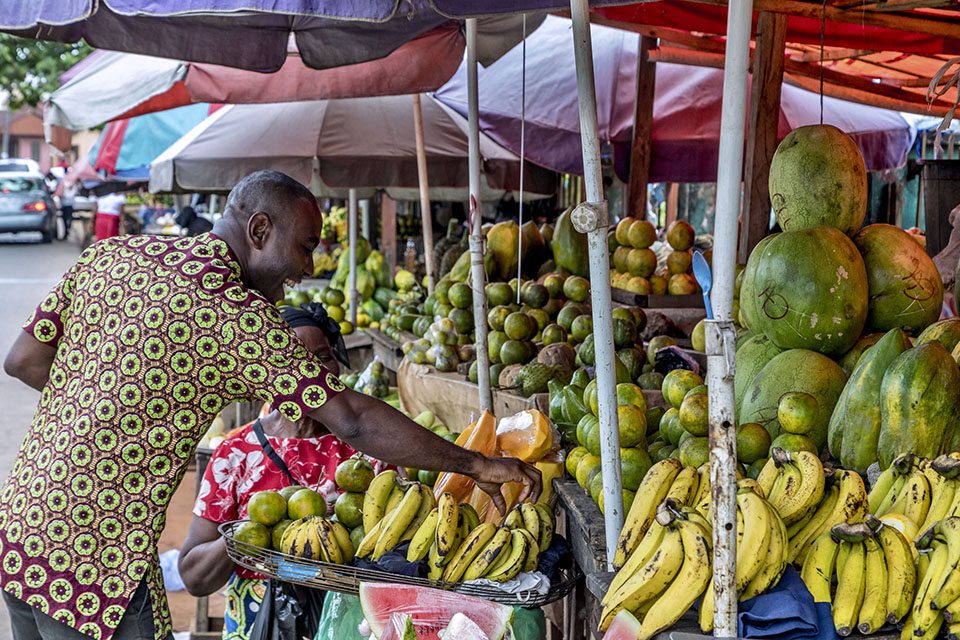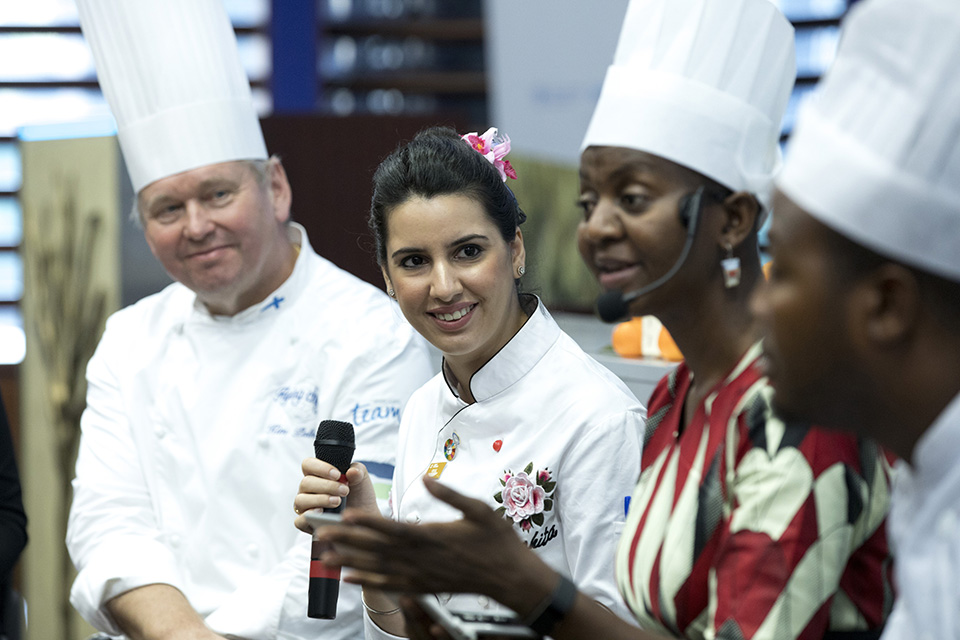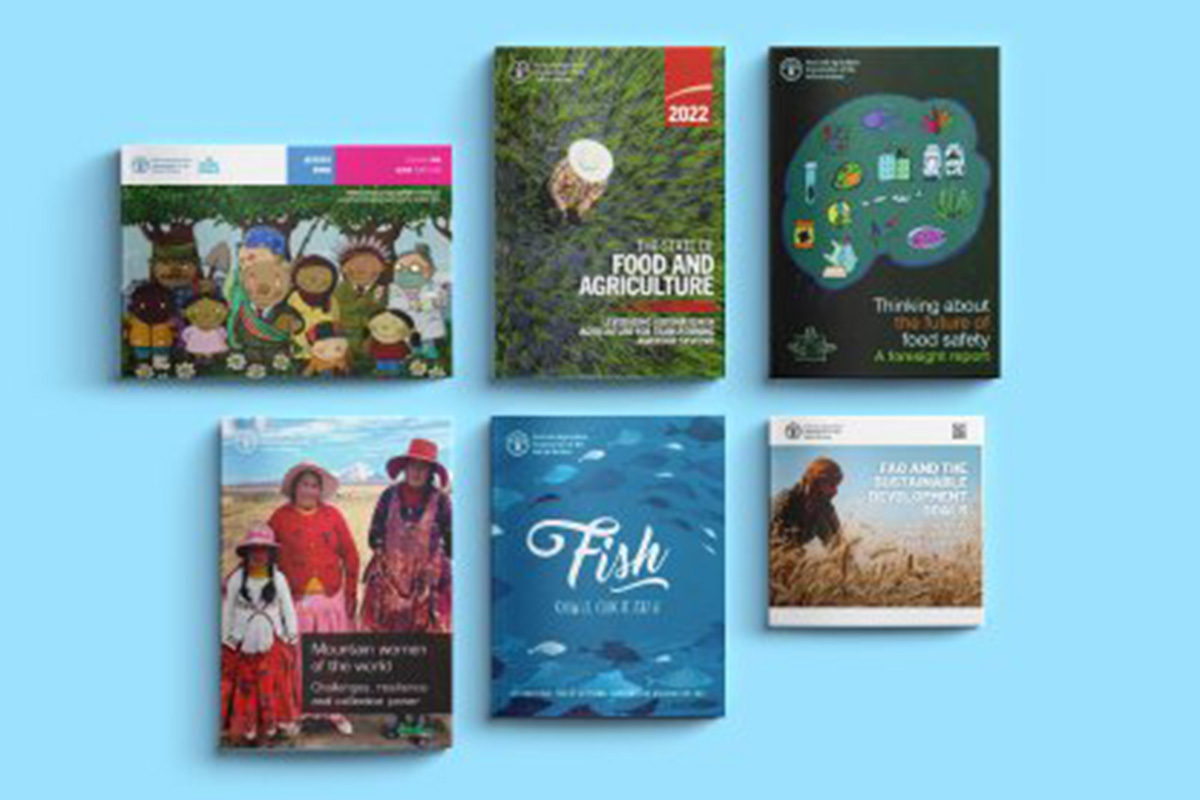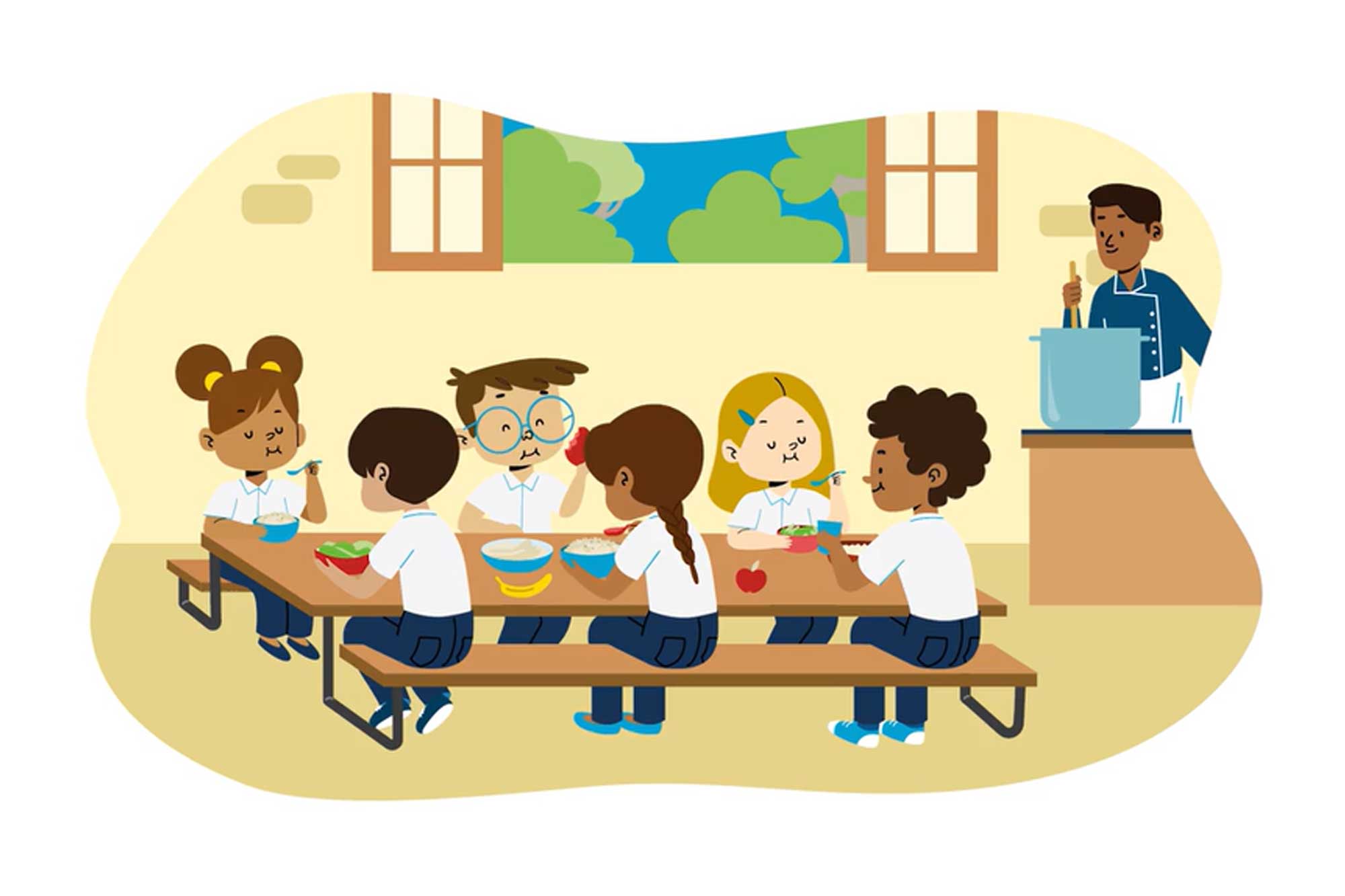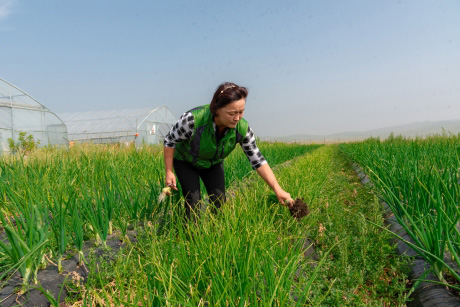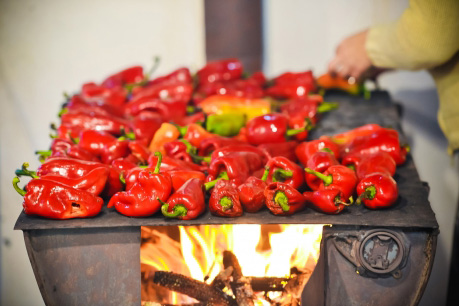In Colombia, the coastal town of Buenaventura boasts one of the country’s busiest ports. Local communities rely to a great extent on fisheries and aquaculture to make a living, and women make up a large part of the workforce. These women fish sellers – known as the Platoneras - work informally and earn low wages. These women are not covered under any social protection scheme, making them particularly vulnerable to adverse shocks such as illness, injury, and the eventual onset of old age. FAO, and its partners including the Norwegian Agency for Development Cooperation, NORAD, are supporting the Platoneras to strengthen their livelihoods and improve their access to social protection schemes - all the while boosting the community's food security. Sandra Gómez Montaño speaks with Heysel Calderón and Andrea Garay. Presented by Laura Quiñones.
Photo: @ FAO/Heysel Calderón


